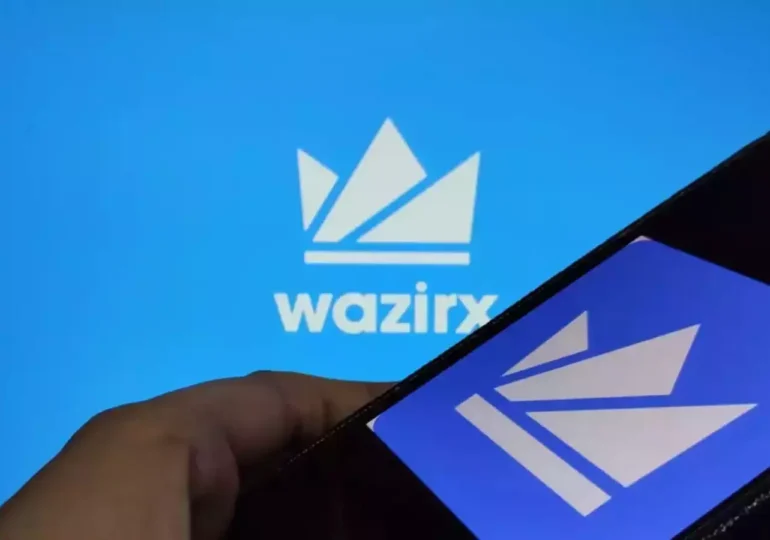A deepfake video of the co-founder of Solana has surfaced online, prompting crypto users on Twitter to urge big tech companies to take prompt action

Solana has reported the incident to law enforcement authorities and clarified that the platform itself lacks the capability to remove the deepfake video from the web.
The threats of deepfakes are looming large over the social media landscape. The crypto sector is no exception to the dangers of deepfakes-powered fake news. In a new development, a deepfake video of Anatoly Yakovenko, the co-founder of Solana, was found circulating on social media. The video has been found on YouTube and X among other platforms, asking users to try their luck in a giveaway – which seems to be a potential scam to steal from members of the crypto industry.
Deepfakes are misleading videos created using digital software, machine learning, and face swapping. In Yakovenko’s deepfake video, the artificially generated avatar impersonating the Solana co-founder first expressed thanks to the SOL community.
As Yakovenko’s deepfake video progresses, the slightly robotic sounding avatar can be seen directing people to participate in the fake giveaway through a displayed QR code. A related website is also displayed along with the message.
Solana has reported this incident to the law enforcement authorities while also clarifying that Solana itself is not capable of eliminating this video from the web, The Verge reported, citing Austin Federa, the head of strategy at the Solana Foundation.
As per The Verge, YouTube has terminated the account that was associated with the video, confirmed Nicole Bell, the spokesperson of the Google-owned video-streaming app.
A recent report by Samsub highlights that Deepfakes continue to be a growing concern for the crypto industry, with 70% of companies acknowledging their rising popularity among fraudsters. The report also claims that in 2023, the number of deepfakes in the crypto industry increased by 128 percent compared to 2022.
In response, Federa has reportedly called on major tech platforms like YouTube and X to be more prompt in addressing these deceptive videos.



















